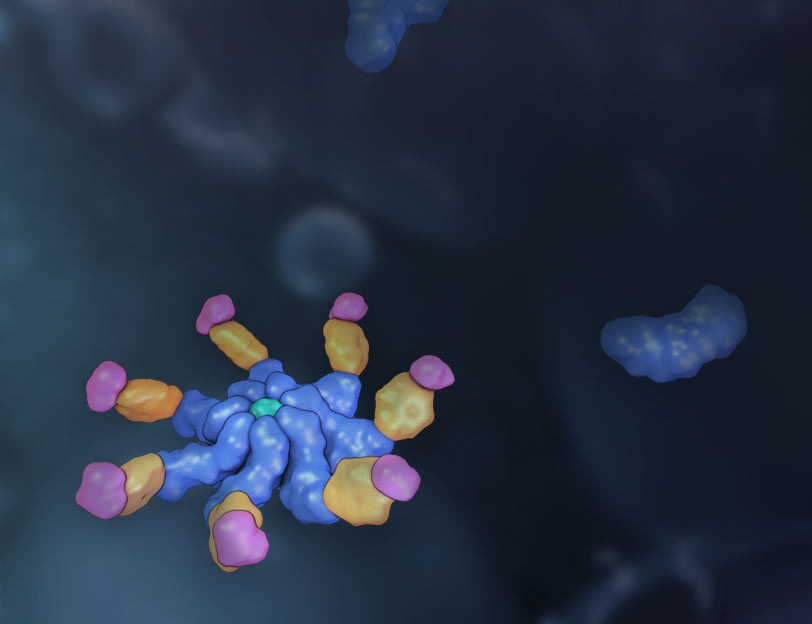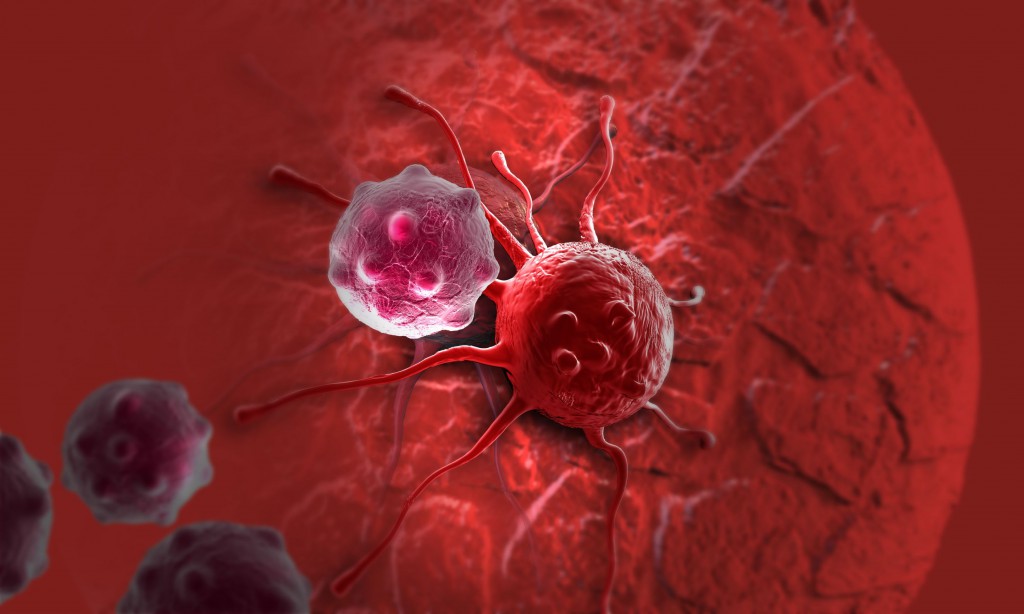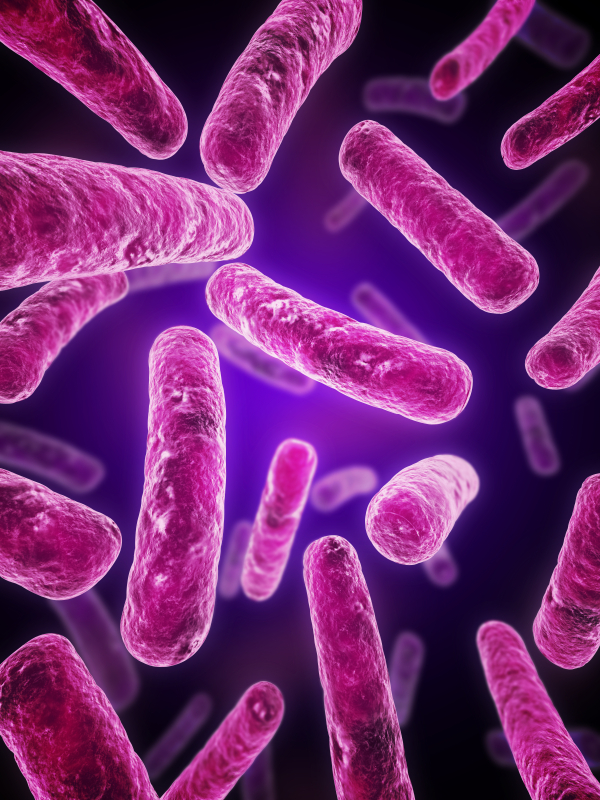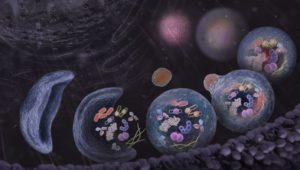
It’s that time of year again. Time to be thankful and show gratitude for those special people in your life. The undergrad who does the dishes, the labmate who shares their buffers when yours runs out, the collaborator that sends you data on a Saturday… Take a moment this week to say thank you, or send them an email to show your appreciation.
Today, we want to thank our Technical Services team. They work hard to help researchers choose the right assay for their needs, understand results and troubleshoot technical problems. They strive to provide the best service for those in need. Many on the receiving end have sent thankful messages:
“I deeply appreciate the help you have been and the email you just sent. I think with the information here, I may have sorted out an issue that has plagued our lab for the past few months.”
“Cannot tell you how grateful I am–you’ve been a tremendous help.”
“You are super sharp and caught critical errors in my protocol (the calculation and dilution errors you referenced below). While few of my colleagues run kinase assays, I did consult 6 of them, and none caught the errors you did. You’re clearly an expert and I truly appreciate how you’ve tailored everything for my ‘beginner’ level.”
“Wow, I cannot thank you enough! You have NO idea how helpful this is! You guys are absolutely great.”
Here’s one heart-warming story we had to share in which Tech Serv helped a group of students turn frowns into smiles.
In April, Tech Serv received a message from a professor from a university in Michigan regarding an issue with the pGEM Vector System. He was teaching a cell and molecular biology course and his students were unable to generate any colonies. “I have a very disappointed group of seniors on my hands. Please see the photo attached. All those sad faces trying to exude how hard they’ve worked with nothing to show for it. Any insight would be greatly appreciated,” he wrote.
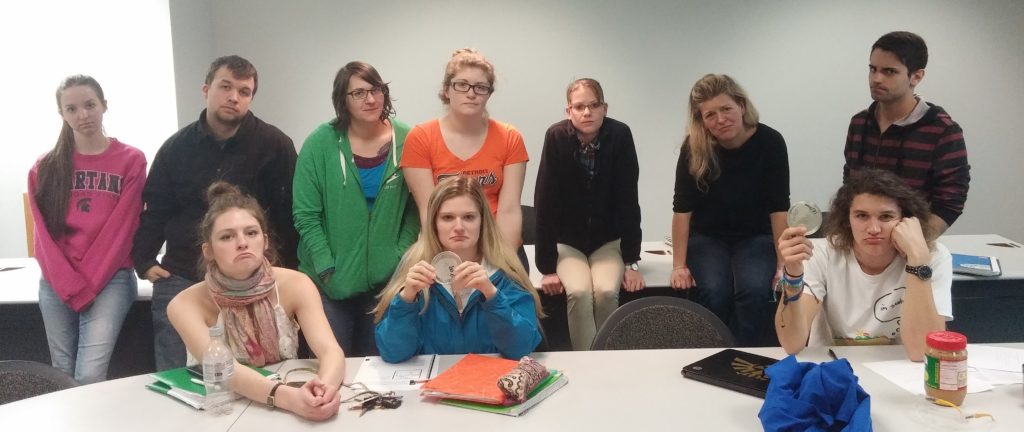
“I understand the frustation of a kit that is not working, the students look so sad!” replied the Tech Serv team. Turns out, the cells may have been past expiration or subjected to repeated freeze thaws that caused the cells to lose competence. Tech Serv sent them a replacement kit with a photo of the team for encouragement.
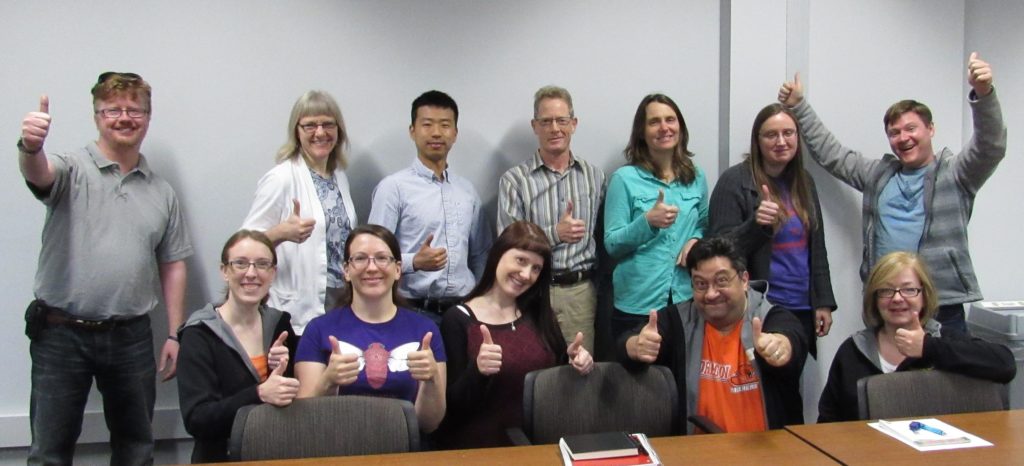
“We greatly appreciate you replacing what we have and aim to turn those frowns into happy faces before graduation,” the professor replied.
Two weeks later, they got their colonies and wrote back: “It worked very well! We were able to make the most of this and they experienced a very good exercise in troubleshooting. I would say the group would view all that happened as a success. Thank you, we will continue to order from Promega as you’ve always proven to be a very client-friendly company!”
Nothing brings more happiness to the Tech Serv team than your success, so don’t hesitate to contact them with any questions you may have. They’re here to help.
Thanks, Tech Serv!
Like this:
Like Loading...
